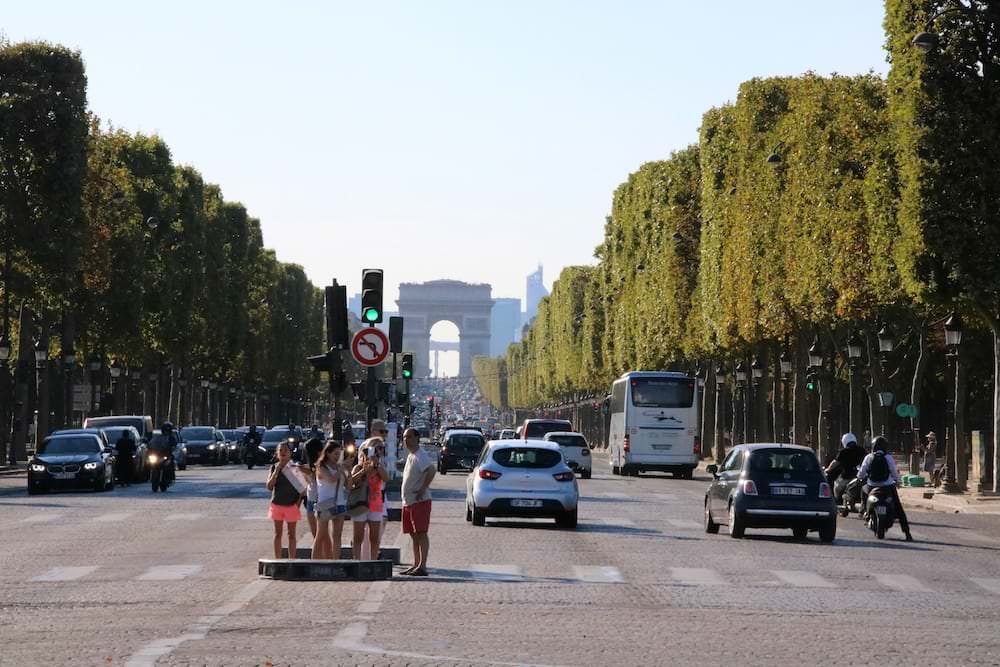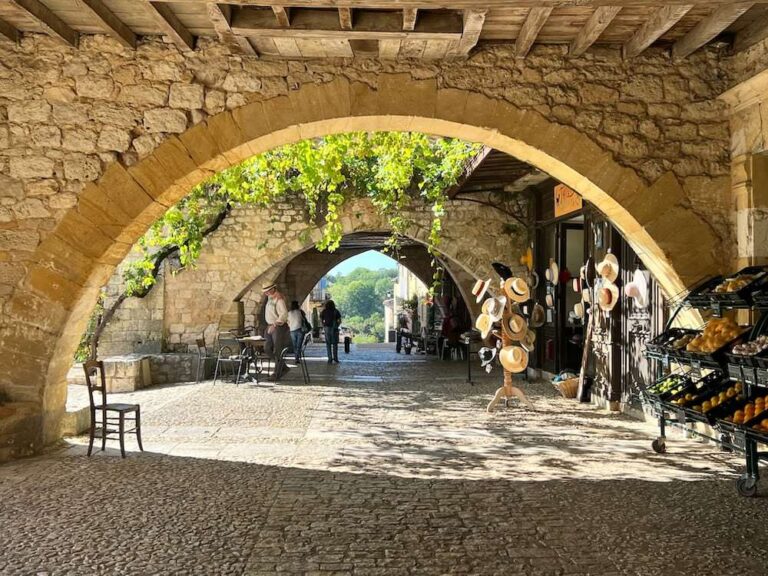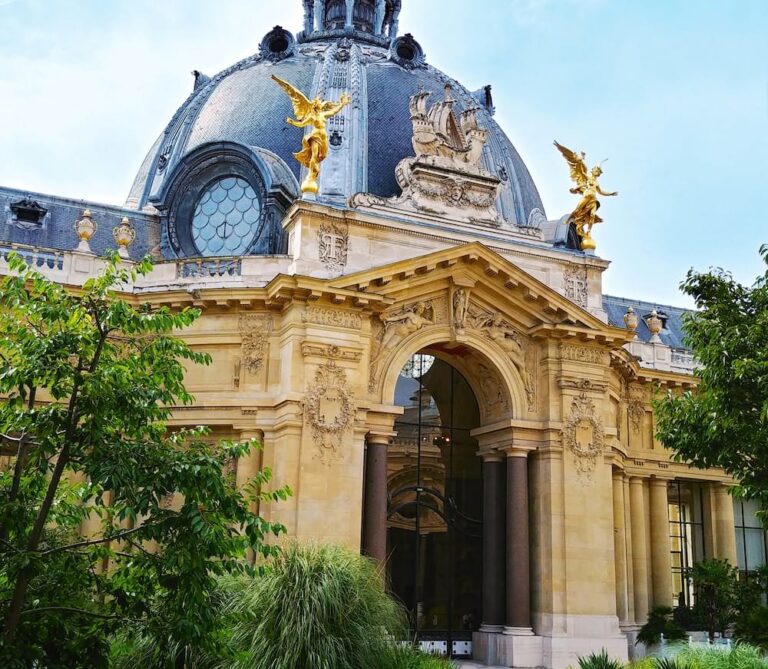happen (version 2.0)
The English verb “to happen” has various meanings and nuances that can be expressed in different ways in French. The choice of translation depends on the context in which the word is used. This article explores the most common French equivalents for “happen” and provides examples for each.
1. Se produire
Se produire is often used to translate “happen” when referring to events or occurrences, particularly in formal or neutral contexts.
- Meaning: To occur, take place.
- Usage: Typically for events, situations, or phenomena.
Examples:
- English: What happened yesterday?
French: Que s’est-il produit hier ? - English: Accidents happen.
French: Les accidents se produisent.
2. Arriver
Arriver is a versatile and frequently used verb to express “happen” in both formal and informal contexts. It implies an event or situation coming to pass.
- Meaning: To happen, occur, or take place.
- Usage: Everyday speech and written French.
Examples:
- English: What’s happening here?
French: Qu’est-ce qui arrive ici ? - English: Strange things happen in this town.
French: Il arrive des choses étranges dans cette ville.
3. Survenir
Survenir is more formal and often used to describe unexpected events or occurrences.
- Meaning: To happen unexpectedly, to arise.
- Usage: Often in journalism or formal writing.
Examples:
- English: Problems can happen at any time.
French: Des problèmes peuvent survenir à tout moment. - English: An emergency happened during the night.
French: Une urgence est survenue pendant la nuit.
4. Il se trouve que
This phrase is used to translate “happen” when referring to a coincidence or a situation occurring by chance.
- Meaning: It happens that, as it turns out.
- Usage: Expressing coincidences or chance.
Examples:
- English: I happened to see her at the market.
French: Il se trouve que je l’ai vue au marché. - English: It happens that he knows the answer.
French: Il se trouve qu’il connaît la réponse.
5. Se passer
Se passer is an idiomatic expression often used in colloquial speech to describe events or situations.
- Meaning: To happen, occur, take place.
- Usage: Informal and conversational contexts.
Examples:
- English: What’s happening right now?
French: Qu’est-ce qui se passe en ce moment ? - English: Nothing special happened today.
French: Rien de spécial ne s’est passé aujourd’hui.
6. Venir à + infinitive
This construction is used when “happen” implies an action or event occurring by chance or accident.
- Meaning: To happen to do something, to come to do something.
- Usage: Often in hypothetical or conditional contexts.
Examples:
- English: If you happen to see him, tell him I’m looking for him.
French: Si tu viens à le voir, dis-lui que je le cherche. - English: What would happen if the machine stopped working?
French: Que se passerait-il si la machine venait à s’arrêter ?
7. Avoir lieu
Avoir lieu is another formal option, particularly when referring to scheduled or planned events.
- Meaning: To take place, to happen.
- Usage: Often used in announcements or formal writing.
Examples:
- English: The meeting will happen tomorrow.
French: La réunion aura lieu demain. - English: When does the event happen?
French: Quand l’événement a-t-il lieu ?
Summary Table
| English “Happen” | French Translation | Usage |
|---|---|---|
| To occur, take place | Se produire | Neutral or formal contexts (events or situations). |
| To happen, occur | Arriver | Everyday speech, general usage. |
| To arise, occur unexpectedly | Survenir | Formal or unexpected events. |
| It happens (that), by chance | Il se trouve que | Coincidental or chance situations. |
| To happen, occur | Se passer | Informal, conversational. |
| To happen to do something | Venir à + infinitive | Hypothetical or conditional. |
| To take place | Avoir lieu | Scheduled or planned events. |
Conclusion
The word “happen” covers a range of meanings, and French offers several verbs and expressions to convey these nuances. When in doubt, arriver and se passer are versatile go-to options for most informal situations!






